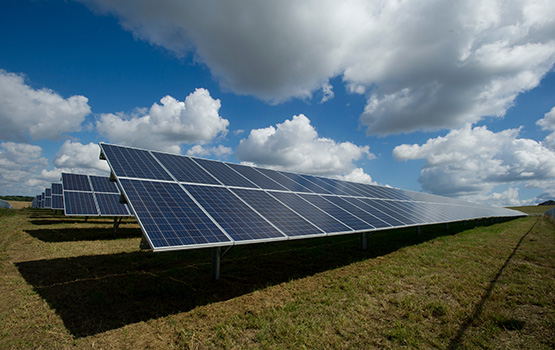In new research done at Monash University and published in Energy Economics, it has been revealed that Australian states and territories are staring down the barrel of a significant shortfall in reaching the Federal Government’s National Energy Productivity Plan (NEPP) Objectives by 2030.
This research is not only eye-opening, but potentially damning in its prediction that Australia will miss its energy target by at least half if a prudent long-term policy is not instituted.
The COAG Energy Council adopted the National Energy Productivity Plan (NEPP) back in December 2015, a package fo measures to improve Australia’s energy productivity by 40% by 2030.
However, according to the research led by Dr Mita Bhattacharya, a senior lecturer in economics at the Monash Business School, if states and territories continue as is, only a 20% increase in energy productivity would be achieved by 2030, a mere half of the target.
What is holding Australia up?
What is holding Australia up? Bhattacharya says it is the nation’s continuing high dependence on fossil fuels, a dependency which hampers Australia’s ability to transition to a low emissions economy.
“If the NEPP is going to achieve its 40% target by 2030,” says Bhattacharya, “it will need to introduce policies aimed at doubling current levels of energy productivity.”
Bhattacharya, along with colleagues from Macquarie University and York University in Canada, modelled the forecasted energy productivity in 2030 with the actual energy productivity in 2015. The results, well, they’re not encouraging.
The modelling shows South Australia, Victoria and Western Australia will achieve 22% energy productivity improvement by 2030, Queensland follows with 20%, New South Wales with 17%, the Northern Territory with 16%, and Tasmania pulling up the rear with 14%. Although, it must be mentioned that Tasmania has much less to improve on that the other states and territories.
The impact of Covid-19
The researchers are also acutely aware that the economic impact of Covid-19 (as well as other impacts besides), means that states and territories are under even more pressure, thus heightening the urgency of the need of federal policy.
The disruption caused by Covid-19 might actually help the states and territories toward their targets in the short term, believes. Bhattacharya, because there is less energy demand in lockdown conditions. ‘In economic terms, energy productivity measures the amount of economic output derived per unit of energy consumption. Reducing energy consumption, or producing the same amount of output with lesser energy, will increase energy productivity.”
Of course, we don’t know how long the exceptional circumstances of Covid-19 will last. In fact, going forward, we don’t even know if the circumstances of Covid-19 are particularly exceptional. We hope so, and we should probably design policy on the assumption that Mother Nature is not so faithless in humanity that the only way it can think of slowing the effects of climate change is a pandemic.
Your move policymakers
The research promoted three suggestions to policymakers for both the minimisation of the impacts of Covid-19 and overall productivity:
- Continue the adoption of renewable resources, including solar, wind and batteries;
- Offer electricity bill rebates to consumers and businesses facing economic hardship; and
- Maintain the generation, transmission, and distribution during this period. Otherwise, Australia could see energy prices skyrocket.
“While state-level targets for renewable energy are desirable,” concluded Bhattacharya, “bipartisan federal support is greatly needed if Australia is to make significant improvements in energy productivity.”
This content is protected by copyright and may not be reused. If you want to cooperate with us and would like to reuse some of our content, please contact: editors@pv-magazine.com.









By submitting this form you agree to pv magazine using your data for the purposes of publishing your comment.
Your personal data will only be disclosed or otherwise transmitted to third parties for the purposes of spam filtering or if this is necessary for technical maintenance of the website. Any other transfer to third parties will not take place unless this is justified on the basis of applicable data protection regulations or if pv magazine is legally obliged to do so.
You may revoke this consent at any time with effect for the future, in which case your personal data will be deleted immediately. Otherwise, your data will be deleted if pv magazine has processed your request or the purpose of data storage is fulfilled.
Further information on data privacy can be found in our Data Protection Policy.